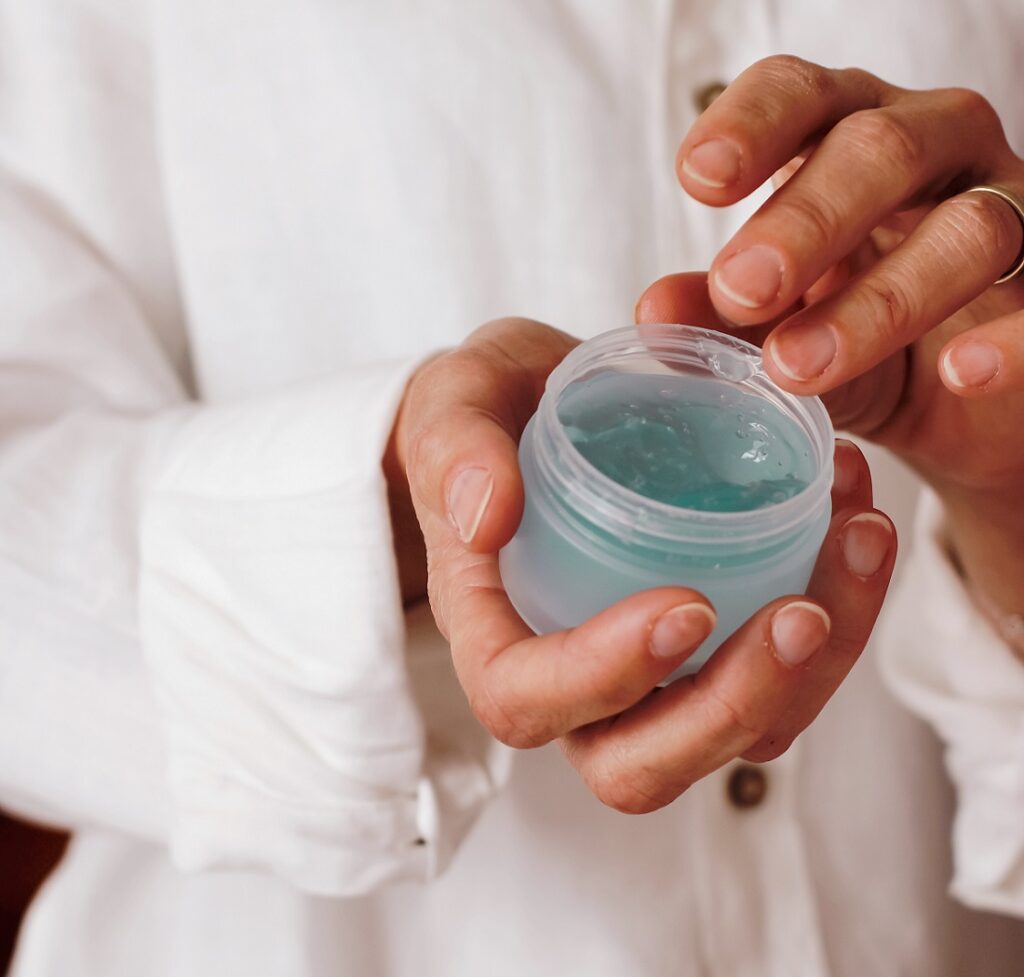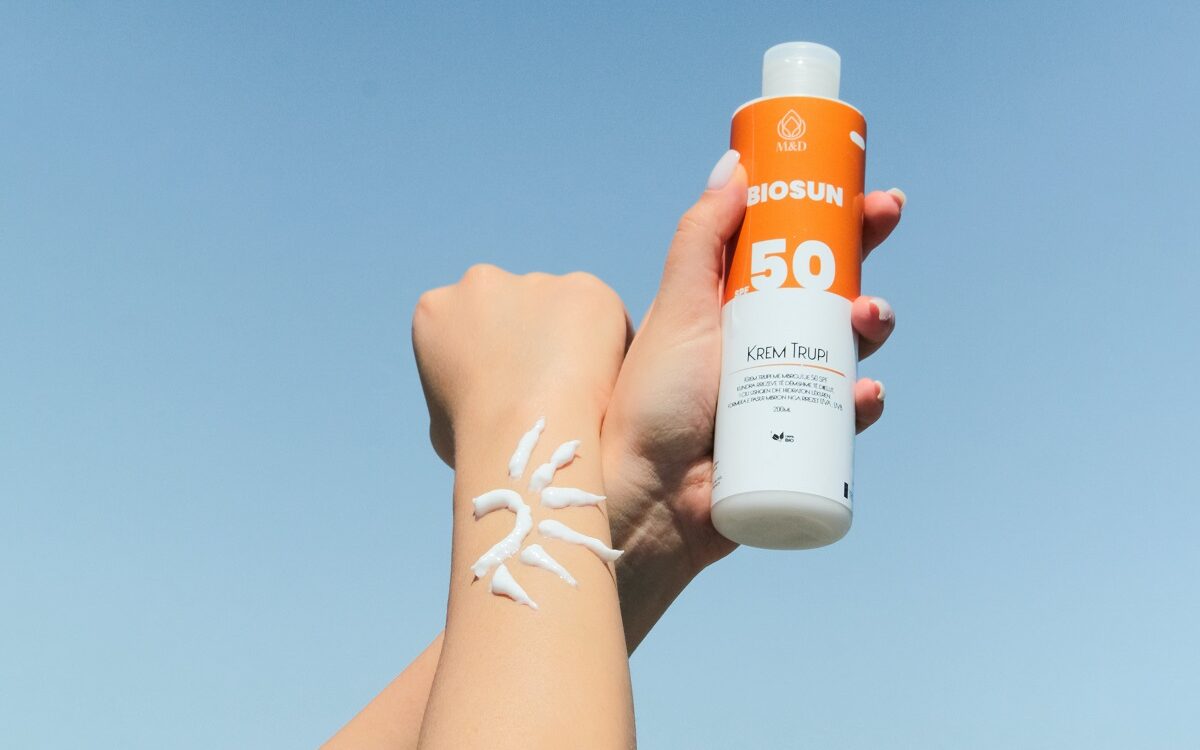Mohit Tandon from Illinois says that Taking care of sensitive skin requires a gentle and mindful approach, as this skin type is more prone to irritation and reactions. Sensitive skin can manifest as redness, itching, burning sensations, or even breakouts. However, with the right skincare routine and lifestyle choices, you can manage and improve the condition of sensitive skin. In this comprehensive guide, we’ll explore skincare tips for sensitive skin, covering various aspects such as cleansing, moisturizing, choosing products, lifestyle adjustments, and seeking professional advice.
Understanding Sensitive Skin:
Sensitive skin is characterized by heightened reactivity to environmental factors, skincare products, and sometimes even certain fabrics. Common triggers for sensitive skin include harsh weather conditions, fragrances, certain chemicals, and stress. Understanding your skin’s sensitivities is the first step in developing an effective skincare routine.
1. Gentle Cleansing: Skincare Tips for Sensitive Skin
a. Choosing the Right Cleanser:
- Opt for a fragrance-free, hypoallergenic cleanser formulated for sensitive skin.
- Look for ingredients like chamomile, aloe vera, or calendula, known for their soothing properties.
- Avoid cleansers with harsh chemicals, sulfates, and alcohol. – Mohit Tandon Illinois
b. Gentle Cleansing Techniques:
- Use lukewarm water instead of hot water, as hot water can strip the skin of its natural oils.
- Pat your face dry with a soft, clean towel; avoid rubbing, as it can irritate the skin.

2. Moisturizing: Skincare Tips for Sensitive Skin
a. Choosing a Suitable Moisturizer:
- Opt for a fragrance-free, hypoallergenic moisturizer that provides hydration without clogging pores.
- Look for ingredients like hyaluronic acid, glycerin, and ceramides, which help retain moisture.
- Consider using a separate daytime and nighttime moisturizer. – Mohit Tandon Illinois
b. Moisturizing Techniques:
- Apply moisturizer to damp skin to lock in hydration.
- Gently pat the moisturizer onto the skin, avoiding excessive rubbing.

3. Sun Protection: Skincare Tips for Sensitive Skin
a. Choosing a Sunscreen:
- Select a broad-spectrum sunscreen with SPF 30 or higher.
- Look for physical sunscreens containing zinc oxide or titanium dioxide, as these are less likely to cause irritation.
- Avoid sunscreens with excessive fragrance or chemical ingredients. – Mohit Tandon Illinois

b. Sun Protection Habits:
- Apply sunscreen generously and reapply every two hours, especially if sweating or swimming.
- Wear protective clothing, such as wide-brimmed hats and sunglasses, to minimize direct sun exposure.
4. Patch Testing New Products: Skincare Tips for Sensitive Skin
a. Introduction of New Products:
- Introduce new skincare products one at a time to identify potential irritants.
- Conduct a patch test by applying a small amount of the product to a discreet area and monitoring for any adverse reactions.
b. Reading Ingredient Lists:
- Familiarize yourself with common irritants such as fragrances, alcohol, and certain preservatives.
- Look for products with short ingredient lists and minimal additives. – Mohit Tandon Illinois
5. Hydrating from Within: Skincare Tips for Sensitive Skin
a. Staying Hydrated:
- Drink an adequate amount of water throughout the day to keep the skin hydrated from within.
- Limit consumption of dehydrating beverages like caffeine and alcohol.
b. Including Hydrating Foods:
- Incorporate water-rich foods into your diet, such as cucumbers, watermelon, and celery.
- Consume foods rich in omega-3 fatty acids, like salmon and flaxseeds, to support skin health.
6. Stress Management: Skincare Tips for Sensitive Skin
a. Identifying Triggers:
- Identify stress triggers and work on managing them through techniques like meditation, deep breathing, or yoga.
- Stress reduction can positively impact the skin’s reactivity and sensitivity.
b. Prioritizing Self-Care:
- Ensure an adequate amount of sleep to promote skin regeneration.
- Establish a self-care routine that includes activities you find relaxing and enjoyable.
7. Clothing and Fabric Choices: Skincare Tips for Sensitive Skin
a. Opting for Gentle Fabrics:
- Choose clothing made from natural, breathable fabrics like cotton and linen.
- Wash new clothes before wearing them to remove any potential irritants.
b. Avoiding Harsh Detergents:
- Use fragrance-free and hypoallergenic laundry detergents.
- Double-rinse clothes to minimize detergent residue.
8. Professional Guidance: Skincare Tips for Sensitive Skin
a. Consultation with a Dermatologist:
- If sensitivity persists or worsens, consult a dermatologist for a personalized skincare plan.
- Dermatologists can perform patch testing to identify specific allergens or irritants.
b. Professional Treatments:
- Explore professional skincare treatments such as facials tailored for sensitive skin.
- Dermatologists may recommend therapies like laser treatments or prescription medications based on individual needs.
9. DIY Remedies: Skincare Tips for Sensitive Skin
a. Natural Ingredients:
- Some individuals find relief with DIY masks using natural ingredients like yogurt, honey, or oatmeal.
- Patch test DIY remedies to ensure they don’t exacerbate sensitivity.
b. Cooling Compresses:
- Apply cool compresses using chamomile tea bags or aloe vera gel to soothe irritated skin.
10. Makeup Considerations: Skincare Tips for Sensitive Skin
a. Choosing Hypoallergenic Makeup:
- Opt for hypoallergenic and fragrance-free makeup products.
- Mineral makeup can be a good option for individuals with sensitive skin.
b. Makeup Removal:
- Use a gentle, fragrance-free makeup remover to avoid irritation.
- Cleanse the face thoroughly to remove all traces of makeup before bedtime.
Conclusion:
Caring for sensitive skin requires a multifaceted approach that addresses skincare routines, lifestyle choices, and product selections. By choosing gentle products, maintaining hydration, protecting against environmental factors, and seeking professional guidance when needed, individuals with sensitive skin can manage and improve their skin’s condition. It’s important to remember that everyone’s skin is unique, and what works for one person may not work for another. Consistency, patience, and a commitment to understanding and caring for your skin are key to achieving a healthy and comfortable complexion.
